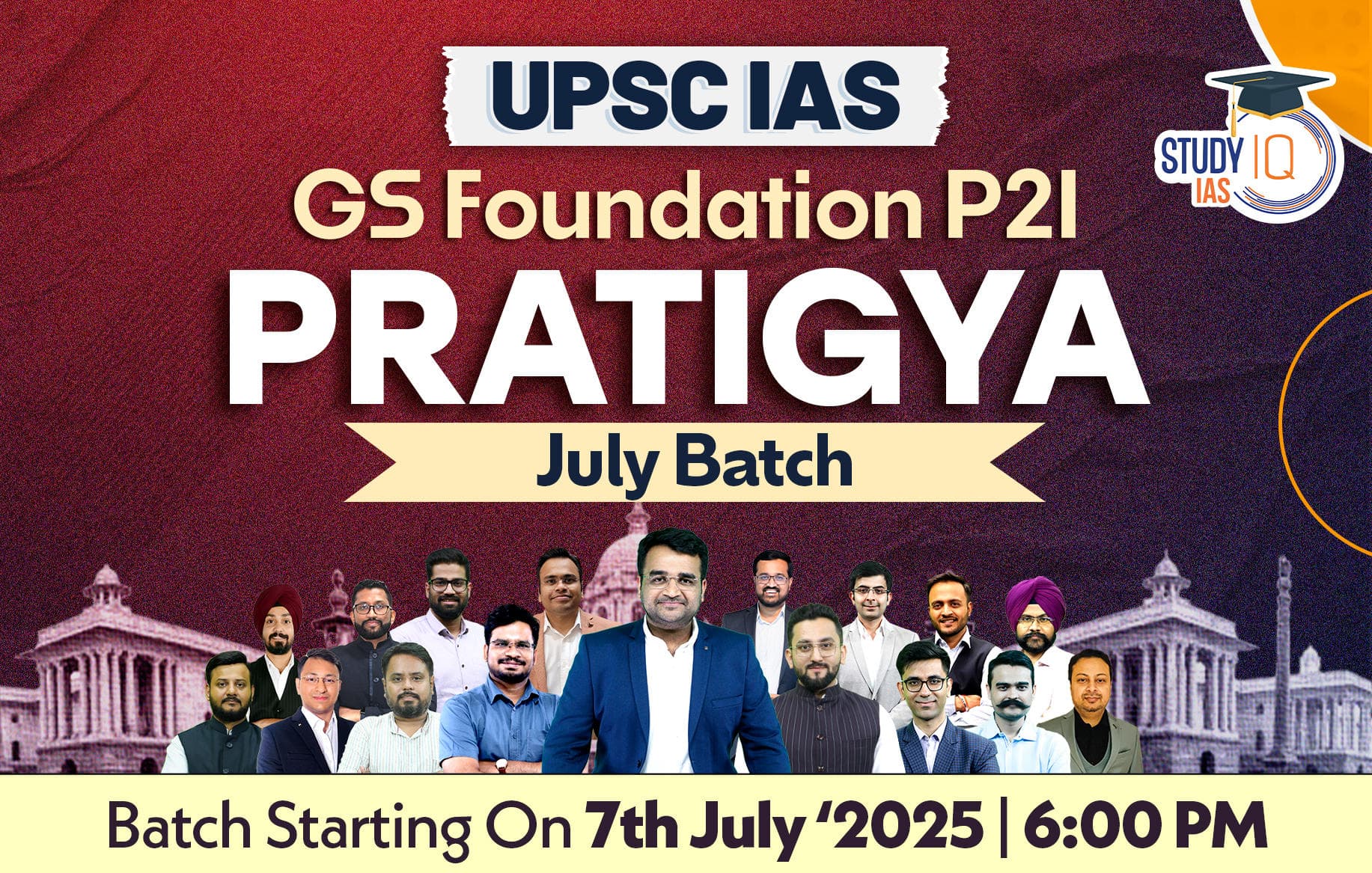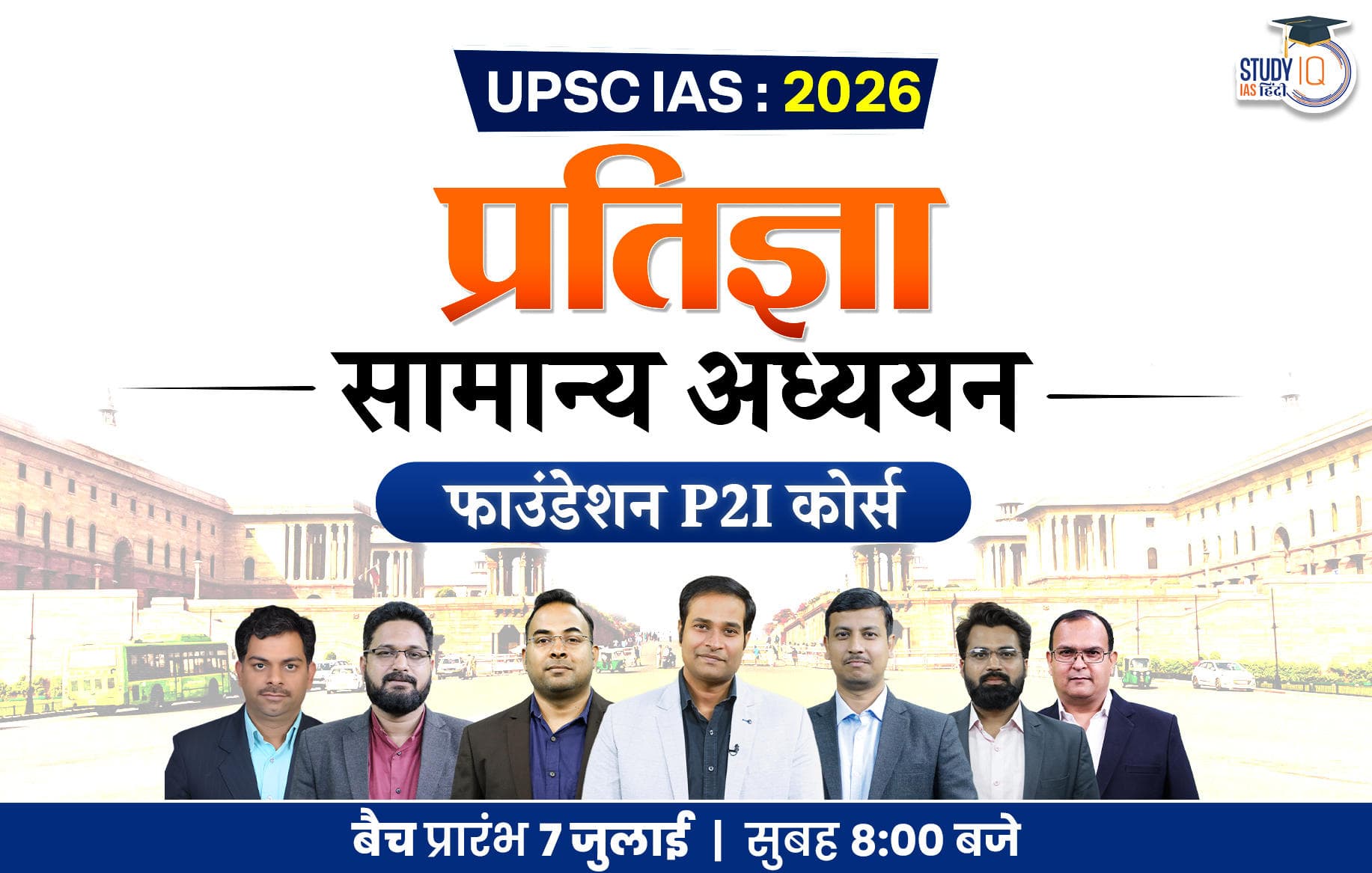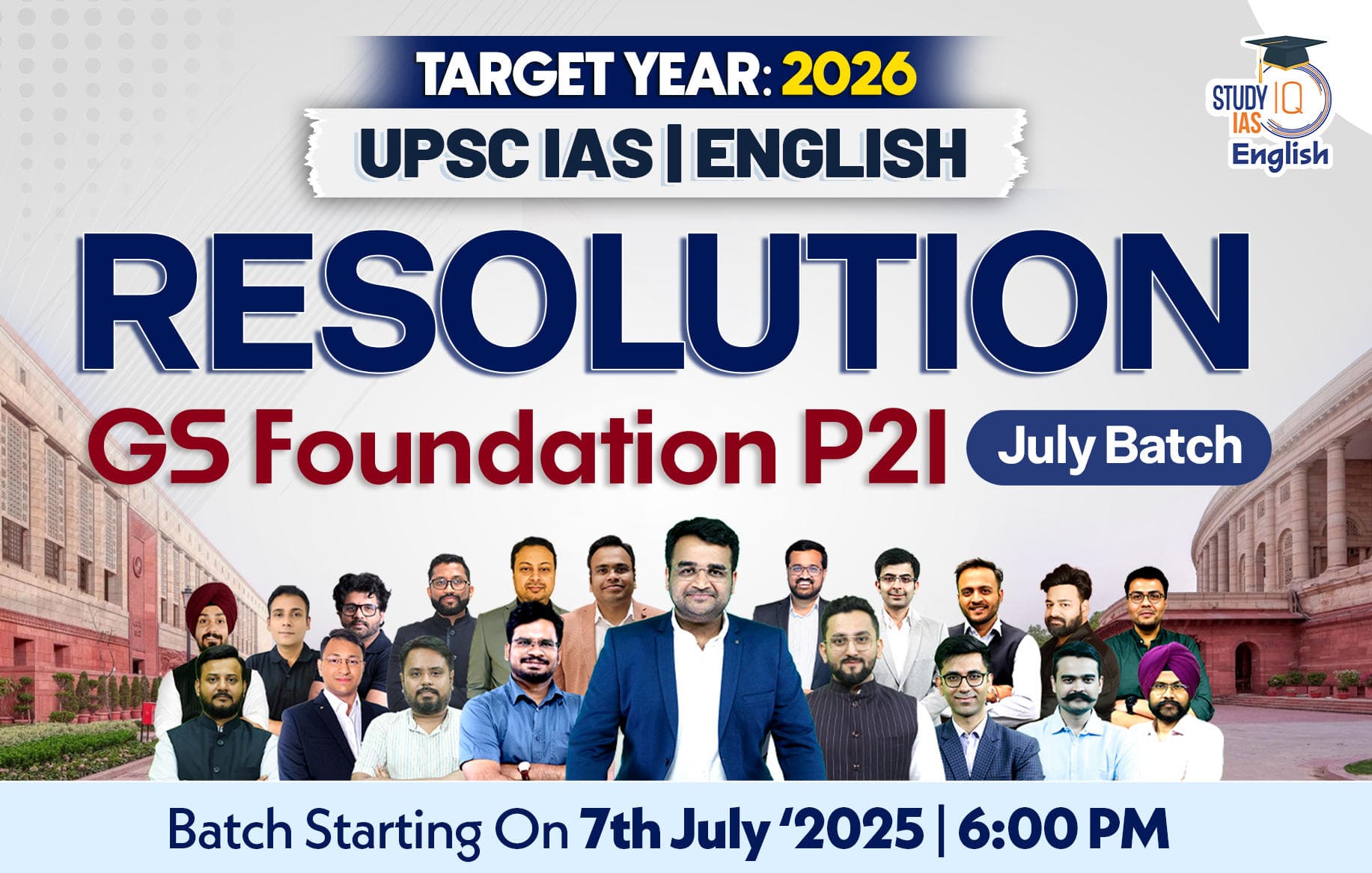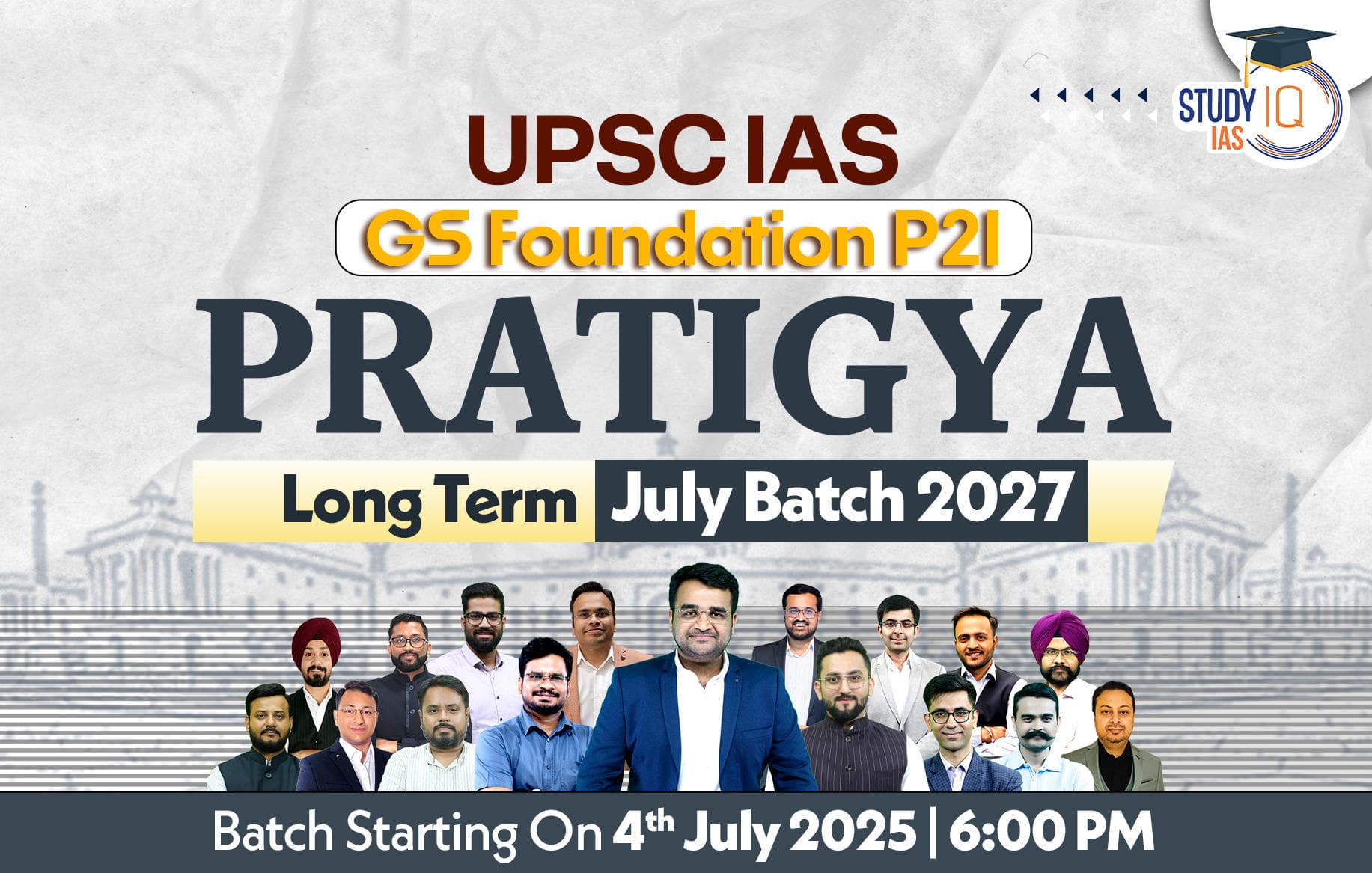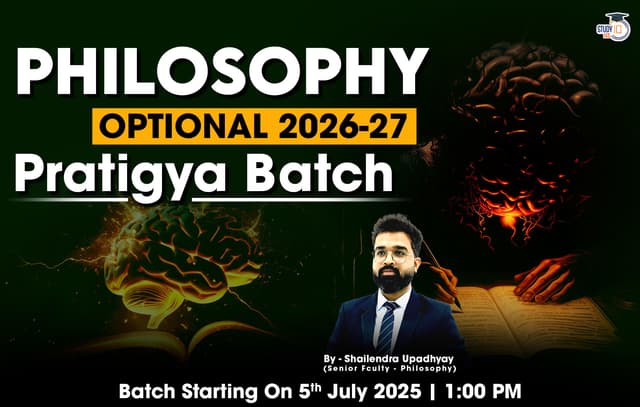Table of Contents
Context
India’s rising global influence requires a stronger MEA to effectively execute its foreign policy ambitions.
Achievements of the Ministry of External Affairs (MEA)
- Leadership in G20 Presidency: India successfully hosted the G20 Summit, promoting inclusive development, climate action, and global digital public infrastructure, and positioning itself as a leader of the Global South.
- Strategic Autonomy in Foreign Policy: MEA navigated the Russia-Ukraine conflict with neutrality, balancing relations with Russia and the West while safeguarding India’s strategic and economic interests.
- Vaccine Diplomacy During COVID-19: Through the “Vaccine Maitri” initiative, India supplied vaccines to over 100 countries, showcasing its commitment to global health and solidarity.
- Championing the Global South
- India voiced the concerns of developing nations in multilateral forums, strengthening its leadership position among Global South countries.
- Strengthened Bilateral and Multilateral Ties: Enhanced relationships with key global powers like the U.S., EU, and ASEAN, and initiated cooperation frameworks such as QUAD, I2U2, and SCO membership.
- Expansion of Diplomatic Presence: Opened new missions in Africa and other regions, extending India’s diplomatic footprint and engagement with underrepresented areas.
- Diaspora Engagement: Improved services for the Indian diaspora through initiatives like Pravasi Bharatiya Divas and enhanced support for Indians abroad during emergencies, such as Operation Ganga (Ukraine evacuation).
- Economic Diplomacy: Negotiated trade agreements like the India-UAE CEPA and India-Australia ECTA, boosting economic ties and market access.
- Crisis Response and Evacuations: Efficient evacuation efforts during global crises, including Operations like Rahat (Yemen), Devi Shakti (Afghanistan), and Ganga (Ukraine).
- Innovations in Foreign Policy: Establishment of specialized divisions like Policy Planning and Research and the Centre for Contemporary China Studies to tackle emerging challenges and align with global trends.
Challenges Faced by the MEA
- Inadequate Staffing: The MEA has approximately 850 Indian Foreign Service (IFS) officers, which is insufficient compared to countries like the U.S. with 14,500 officers. The current intake rate means it could take decades to reach an optimal workforce of 1,500 officers.
- Fragmented Structure: The MEA’s internal organization is overly fragmented, with multiple small divisions managing similar regions, leading to inefficiencies and oversight risks.
- Support Disparities: Officers abroad receive substantial support, whereas those in Delhi face inadequate housing and limited financial incentives, making domestic postings less attractive.
- Balancing Generalist and Specialist Roles: The rotational posting system undermines language training and specialist expertise, which are crucial for effective diplomacy.
- Technological Capacity: As technology becomes integral to foreign policy, the MEA lacks sufficient domain specialists in areas like cybersecurity and artificial intelligence.
Way Forward
- Increase Recruitment: The MEA should consider lateral hiring from other government services and engage consultants for specialized roles to enhance its workforce.
- Reorganize Internal Structure: Consolidating divisions within the MEA can improve coordination and efficiency in managing foreign relations.
- Enhance Domestic Support: Improving housing, medical coverage, and financial incentives for officers in India can boost morale and effectiveness.
- Focus on Language and Specialization: Assigning language-trained officers to embassies and encouraging specialization can enhance diplomatic negotiations.
- Invest in Technological Expertise: Hiring domain specialists can ensure the MEA effectively addresses modern challenges in foreign policy.

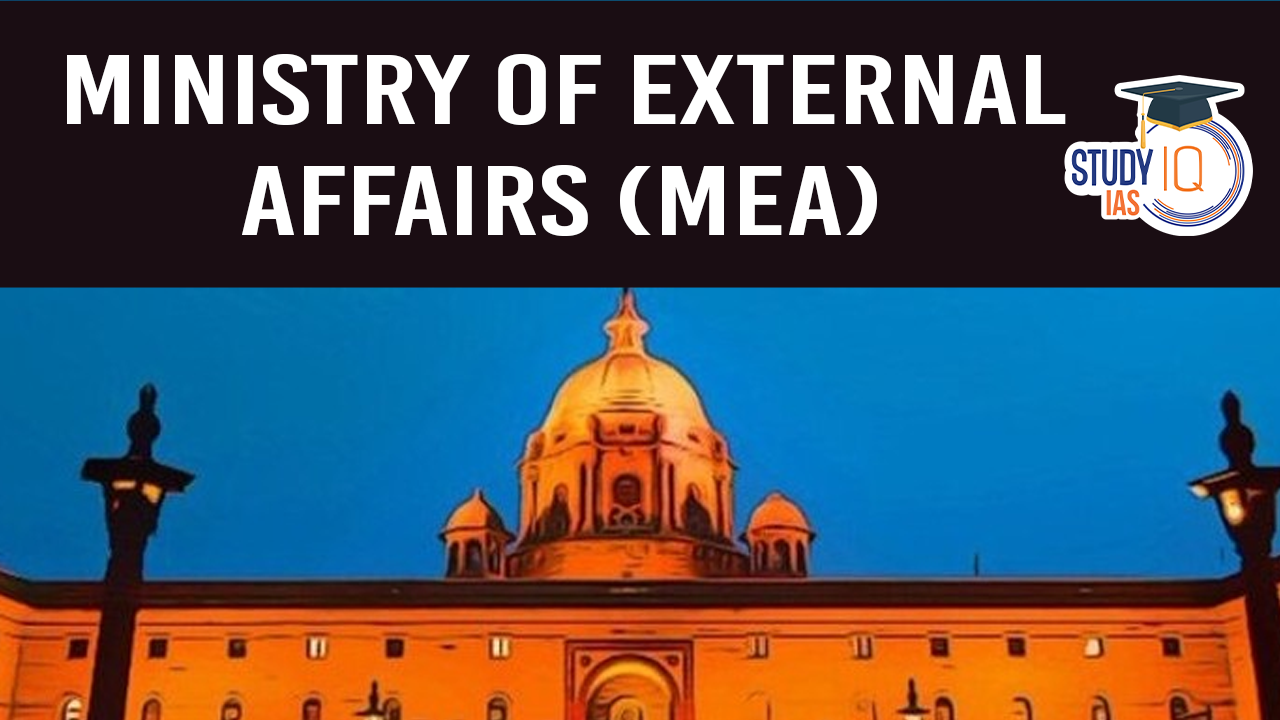
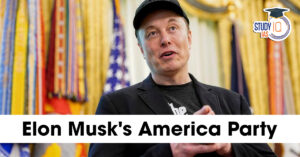 Elon Musk’s America Party: A New Chapt...
Elon Musk’s America Party: A New Chapt...
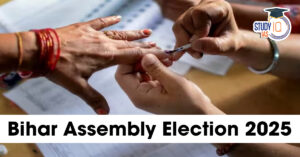 Bihar Assembly Election 2025: Complete G...
Bihar Assembly Election 2025: Complete G...
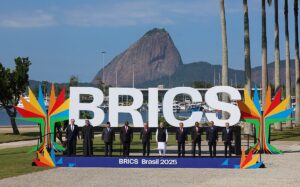 17th BRICS Summit 2025: India’s Leader...
17th BRICS Summit 2025: India’s Leader...

